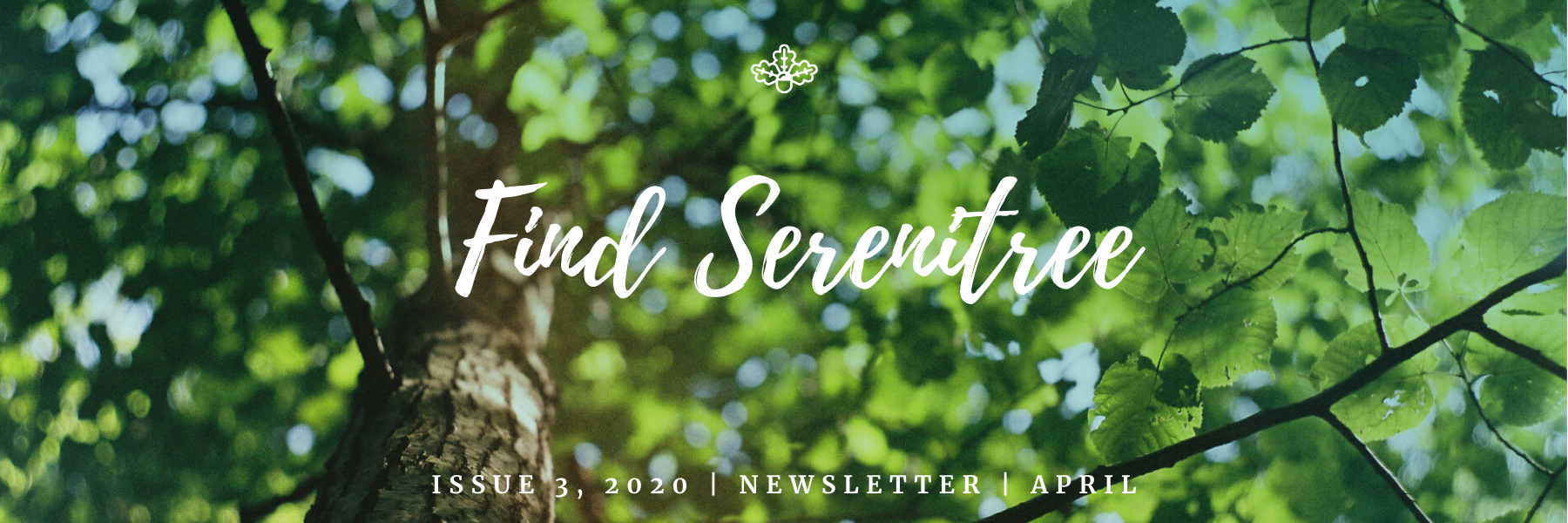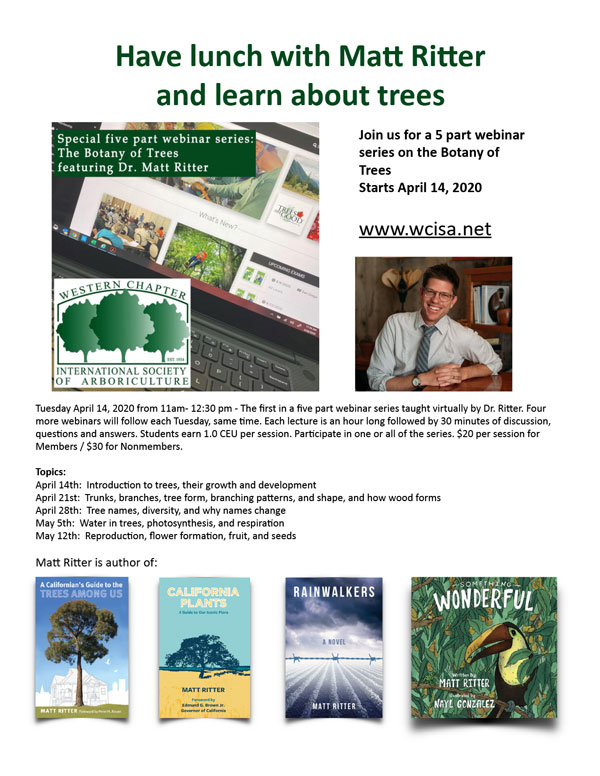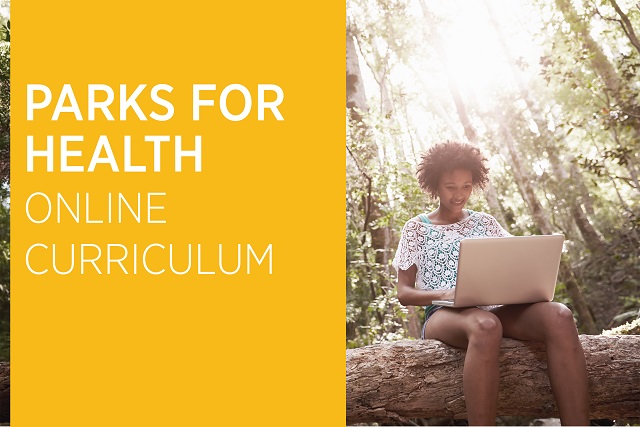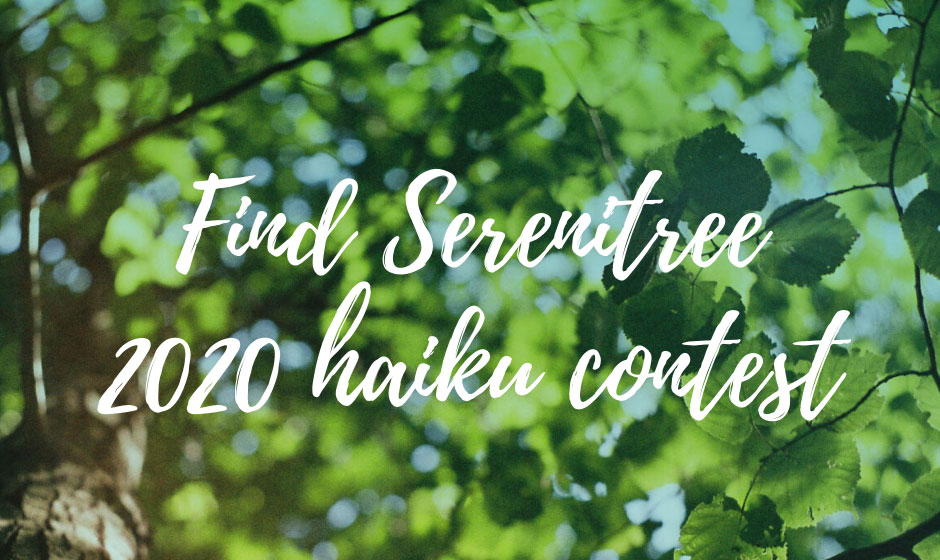

Dear community tree devotees,
We are wanting to check in with you.
All of us are feeling off balance. Right? All of us are at least a little fearful, some of us more. Some of us have elderly family members we are very concerned about. And we, even if healthy, vital, are also at risk. These huge unknowns outweigh routine and predictability and make our hearts heavy. There are heroes on the frontlines and behind the scenes that are working tirelessly, risking their own lives, who will save the day, eventually. We all have our role to play.
Before this pandemic each of us was giving our all to bring the many benefits of healthy urban tree canopies to our communities across California. We have a shared vision of what these trees can do in the present and for the future of our State. Our work has never been easy but opportunities and understanding have grown; so have the investments made by the State of California, municipalities and donors.
We at California Urban Forests Council will continue to do the things that grow the movement and benefit it as best we can during this time of uncertainty. When we are on the other side of this terrible scenario we will want to be ready to continue that mission – one that has not lost its importance, but one recognizing the current pandemic as very much more so; protecting and saving lives.
All of our Spring educational events and tree plantings have been postponed until further notice – most likely Fall 2020. We will keep you apprised as events come back on line, when it is safe to move forward.
Garden. Hike. Revel in your urban forest – the fresh new green leaves in the Spring canopy, the breeze, the sunshine. Trees – you can hug!
And here are some other ways you can help locally – this is a list in Southern California – there will be equivalent organizations for the North too.
Stay strong. Look after each other. We love you and are thinking of you and our future together.
Nancy Hughes
Executive Director
This month:
Upcoming online events
Have lunch with Matt Ritter and learn about trees
Join the WCISA for a 5 part webinar series on the Botany of Trees
Starts April 14, 2020
Tuesday April 14, 2020
11am – 12:30 pm
The first in a five part webinar series taught virtually by Dr. Ritter. Four more webinars will follow each Tuesday, same time. Each lecture is an hour long followed by 30 minutes of discussion, questions and answers. Students earn 1.0 CEU per session. Participate in one or all of the series. $20 per session for Members / $30 for Nonmembers.
Topics:
April 14th:
Introduction to trees, their growth and development
April 21st:
Trunks, branches, tree form, branching patterns, and shape, and how wood forms
April 28th:
Tree names, diversity, and why names change
May 5th:
Water in trees, photosynthesis, and respiration
May 12th:
Reproduction, flower formation, fruit, and seeds
—
A Botanist, Author, and Professor, Matt’s work includes A Californian’s Guide to the Trees Among Us and California Plants A Guide to Our Iconic Flora. Learn more about Matt Ritter here.
How To Unlock The Power Of Your Tree Inventory With Technology
April 9th, 2020
1:00 PM – 2:00 PM (EDT)
In this webinar, attendees will learn about the technologies involved with conducting a tree inventory and how Park Ridge uses TreeKeeper to effectively and efficiently manage 21,000 street trees.
Park Ridge’s Urban Forester Joe Hansen will demonstrate how the city uses TreeKeeper in their day-to-day applications for updating tree inventory data, tracking work history, running reports, and engaging the public.
1 ISA CEU will be provided
Presented by:
Josh Behounek,
Business Development Manager
Davey Resource Group
Joe Hansen,
Urban Forester
Park Ridge
Register here
CARES Act: How to Apply for Nonprofit Relief Funds
April 9th, 2020
2:00 PM – 3:00 PM (EDT)
What does the CARES Act mean for you and your organization? And how can you access relief resources?
Now that the Coronavirus Aid, Relief and Economic Security (CARES) Act has been signed into law, you’re probably looking for help navigating the bill’s complexities.
Independent Sector has teamed with Washington Council Ernst & Young to create a new resource that will show you how the act will apply to your organizations and how to proceed with filing for assistance.
The resource can help individuals, small nonprofits (less than 500 employees), and large nonprofits (over 500 employees) understand the eligibility criteria, timelines as we know them, and application information.
Things are evolving and changing every day, so please check back regularly as we update this tool. For a deep dive on what’s in this resource, join Independent Sector on Thursday, April 2 at 2:00 pm EDT for a webinar on the CARES Act and hear what’s next in the federal policy response effort.
Register here
Parks for Health Online Curriculum
The Parks for Health courses by the Institute at the Golden Gate are designed to help park agencies improve their health proficiency focusing on specific issues faced by a number of park visitors. These courses focus on the underlying causes of specific health challenges while building the capacity of park staff to design programming to meet the needs of a greater diversity within our communities. You can find more information about the modules below.
While there’s been tremendous growth in the ParkRx movement, the opportunity for parks to be a part of the health care solution is still under-realized.
We’ve learned that for parks to be viewed as a viable health resource, park leaders need to better understand the specific health needs of the communities we serve – more importantly, the communities we want to serve.
We created the Parks for Health Curriculum as an initial step to help you develop your own health proficiency. We translated the medical and health content so you can understand the issues faced by your visitors and give you tips on how to design your park programming to address those needs. By becoming interpreters of health, you become part of the health care solution.
The project is supported by Kaiser Permanente Northern California Community Benefit Programs.
Parks for Health – Free Online Course
Using Nature to Build Resilience from Childhood Trauma (course run time: 70 minutes) – In this course, you’ll learn about the science of toxic stress, adverse childhood experiences, potential triggers in your park, and how to use a trauma-informed approach when leading park programs. Click here to launch the course.
Access and Inclusion for People with Mobility Disabilities (course run time: 45 minutes) – In this course, you’ll learn about mobility disabilities faced by your park visitors, disability etiquette, and ways to promote disability inclusion at your park. Click here to launch the course.
Haiku Contest
Enter our Haiku contest!
A haiku is a short three-line poem that uses sensory language to capture a feeling or image. Developed by Japanese poets, haiku are often inspired by nature, a moment of beauty, or poignant experience.
Haikus follow a strict form: three lines, with a 5-7-5 syllable structure. That means the first line will have five syllables, the second line will have seven syllables, and the last line will have five syllables. A haiku does not have to rhyme or follow a certain rhythm as long as it adheres to the syllable count.
3rd Annual California Urban Forests Council Haiku Contest
THEME:
Serenitree – how trees lift our spirits and save our souls
RULES:
- Limit of 3 entries per person
- Please “keep it clean”
- Deadline May 31 st
- Enter using the form below
- All entries become the property of CaUFC to use in future promotions
See past entries here
In other news, here are the most popular stories we shared on Facebook last month.
What Leaves Can You Use As Toilet Paper (With 15 Examples)
We should all adopt ‘hanami,’ the Japanese tradition of flower viewing
Coronavirus prevention: How to make hand sanitizer at home
You can now download over 300,000 books from the NYPL for free





